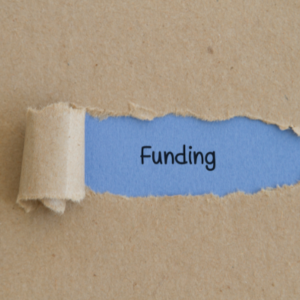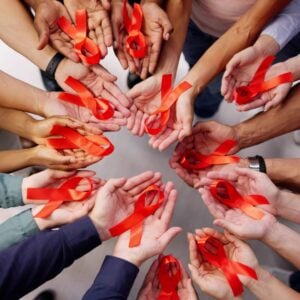UNAIDS has welcomed the announcement of two new agreements that dramatically reduce the cost of lenacapavir, a revolutionary long-acting HIV prevention medicine, from USD 28,000 to just USD 40 per person per year. Lenacapavir, produced by Gilead, is administered via injections twice a year and has been shown to be between 96% and 100% effective in preventing new HIV infections. The price reduction, made possible through agreements with Indian generic manufacturers, aims to make the medicine accessible to millions of people at risk of HIV in low- and middle-income countries.
The agreements, announced during the United Nations General Assembly in New York, involve UNITAID, the Clinton Health Access Initiative (CHAI), and Wits RHI providing financial, technical, and regulatory support to Dr. Reddy’s Laboratories. An initial short oral dose required alongside the first injection will cost no more than USD 17 under the agreement. The Gates Foundation will similarly support Hetero Drugs with upfront funding and volume guarantees to maintain the USD 40 annual cost per patient.
Lenacapavir adds to the existing suite of HIV prevention options, which include condoms, vaginal rings, and daily oral pills, and provides a simpler, long-acting alternative for populations that face barriers to consistent daily medication. UNAIDS emphasizes that wider access to affordable long-acting medicines, particularly among high-risk groups such as men who have sex with men, sex workers, people who inject drugs, and adolescent girls and young women in sub-Saharan Africa, could significantly reduce new HIV infections and accelerate progress toward ending AIDS by 2030.
UNAIDS highlighted the importance of equitable access, urging Gilead to further reduce costs, expand its generics license to all low- and middle-income countries, and increase transparency around pricing. The agreements fall under Gilead’s voluntary license, which enables six generic manufacturers to produce lenacapavir for use in 120 primarily low- and lower-middle-income countries. These partnerships demonstrate the potential impact of collaborative efforts to make life-saving HIV prevention medicines affordable and accessible for those who need them most.







